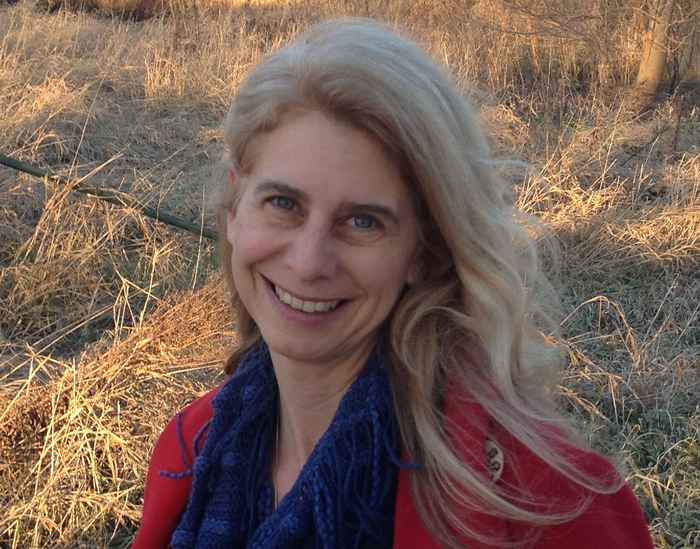Sharon Wohl (May 2022 - Jun 2022)
Assistant Professor, Architecture and Urban Design, Iowa State University

My research
My research considers how certain urban environments may hold an intrinsic capacity to self-organise, with functional urban features emerging from the bottom-up. While emergent processes are being explored in many fields, the nature of the concrete physical sub-strata of the city that might ‘carry’ CAS dynamics is under-theorised. I consider which kinds of urban physical settings hold greater intrinsic capacities (affordances) to channel the dynamics observed in complex systems.
IAS Fellowship
To disambiguate how urban research streams engage complexity, identifying the complexity features explored within each stream, and how such features are more generally understood within complexity science
Complexity research in urbanism is fragmented, with no comprehensive overview of the topic. While at the IAS, I will be developing a website that outlines complexity principles. The website has two objectives. First, it highlights the various streams of urban research that engage complexity principles, providing an overview of research areas that often operate in isolation from one another. This will better orient both researchers and students to the scope of the field. Second, it will outline how these different research areas draw from principles of complexity as derived in the sciences. Complexity theory employs scientific terminology and principles not easily accessible to researchers working in the humanities. Accordingly, many terms appropriated by the humanities are misused or misunderstood. The website will provide a broad range of accessible information on complexity thinking, including an overview of terms and principles, definitions, and links to original authors and texts. Together, these will help dis-ambiguate a field many wish to engage, but that often presents itself as opaque.
While at the IAS, I will complete work on the website, populating its pages with content while drawing on the knowledge base of my fellow researchers.